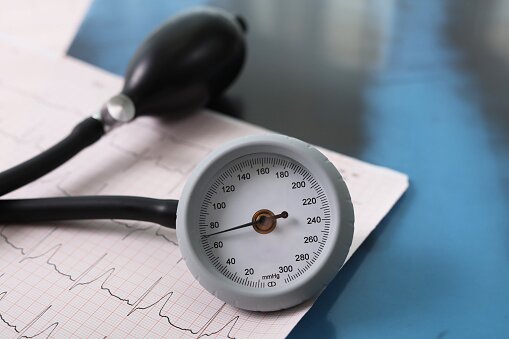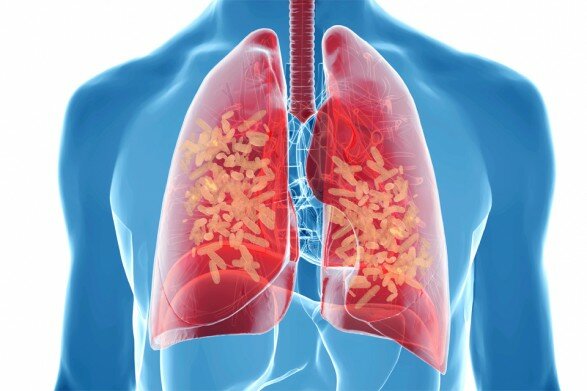Magnesium Could Help Lower Blood Pressure
According to a new study, if there's one mineral you need to start taking today to help protect your heart then it is magnesium. We've written about the health-protecting properti...
Read MoreHigh blood pressure, or hypertension, is suffered by one in four UK adults. It is often symptom-less which is why approximately one third of these do not know they have it. The only way for people to know if they have the condition is to have their blood pressure measured. An ideal range for blood pressure is 90 (systolic)/60 (diastolic) mmHg to 120/80 mmHg. High blood pressure is considered to be 140/90 mmHg and above.
If your blood pressure is too high, it puts extra strain on your blood vessels, heart and other organs, such as the brain, kidneys and eyes. High blood pressure is the main risk factor for stroke and a major risk factor for heart attacks, heart failure and kidney disease. There is also increasing evidence that it is a risk factor for vascular dementia, caused by the gradual death of brain cells due to reduced blood flow into the brain.
Once you’ve been diagnosed with blood pressure problems, the mainstream’s first line of defence is to handout drugs like angiotensin converting enzyme (ACE) inhibitors and calcium channel blockers. But these drugs all come with a lengthy list of side effects and the potential to interact with other drugs – making them even more dangerous, especially if you are already on a cocktail of different drugs. Lifestyle changes, vitally important in the control of chronic diseases, can often be enough to help prevent or lower your blood pressure. These include, naming just a couple, quitting smoking, regular exercise, more sleep and a reduction in heavy alcohol consumption.
The Daily Health aims to equip you with all the information you need to help prevent or reduce the impact of high blood pressure. Offering safe alternative measures as well as information on common prescription medication, effective help to get your blood pressure under control is at hand.

According to a new study, if there's one mineral you need to start taking today to help protect your heart then it is magnesium. We've written about the health-protecting properti...
Read More
If you suffer with high blood pressure you probably take your fair share of ACE inhibitors and diuretic drugs on a regular basis… It's also likely that you've experienced some of...
Read More
Listen to any mainstream dietary advice and you'll hear that you have to reduce your salt intake. Why? Well, because it increases your blood pressure and it's bad for your heart h...
Read More
If you suffer with high blood pressure you probably have an arsenal of ACE inhibitor and diuretic drugs that you take on a regular basis... and that's apart from the special diets...
Read More
Do you suffer with a hacking, non-stop cough that arrives out of nowhere and lingers for months ? leaving you breathless and unable to speak... lasting for months? Is it an allerg...
Read More
Like millions of patients around the world your doctor probably told you that lowering your blood pressure (BP) to a "normal" range will help you avoid a heart attack or stroke.....
Read More
Between calcium channel blockers, ACE inhibitors, beta blockers and diuretics, you may be taking two or three different drugs to keep your blood pressure under control. All because...
Read More
Angiotensin-converting-enzyme inhibitors (ACE inhibitors) are drugs used primarily for the treatment of hypertension. Some of the most popular ACE inhibitors are sold under these b...
Read More
If you're taking prescription high blood pressure drugs, there's an important risk you need to know about. I'm talking about a very real threat of kidney failure... dialysis... and...
Read More
Let's face it, since the arrival of the Internet our lives have changed tremendously and going back to the days of making phone calls (instead of texting), writing letters and post...
Read More
